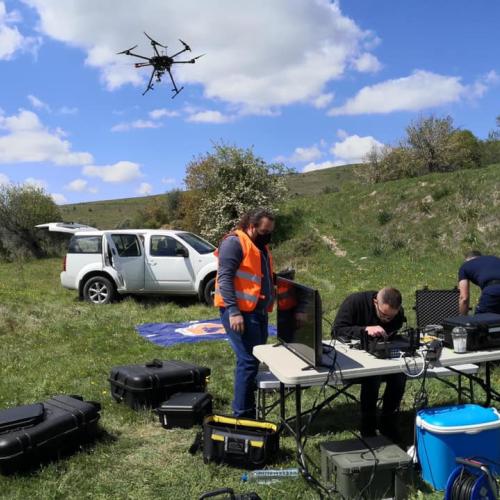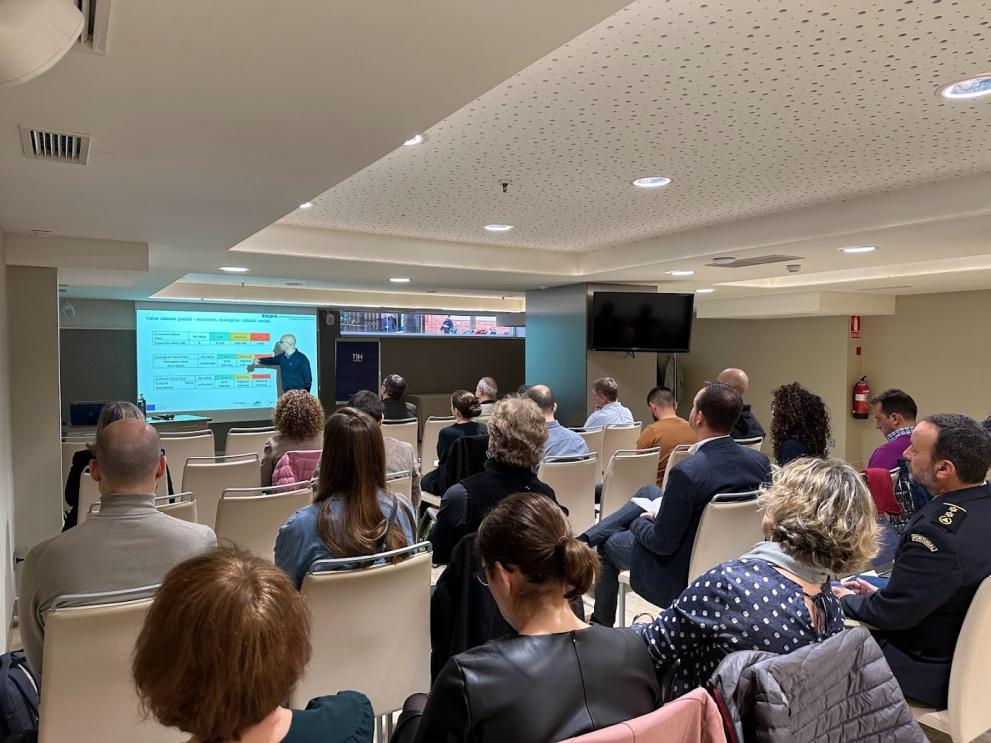
KAPP call for proposals: Prevention
The ‘Prevention’ topic of the KAPP call strengthens the cooperation among UCPM countries and between UCPM and third countries for the prevention of natural and human-induced disasters.
While cross-border cooperation is relatively well-established in the area of emergency response, cross-border and multi-country cooperation during the phase of prevention can be further enhanced.
Prevention is any action aimed at reducing risks or mitigating adverse consequences of a disaster for people, the environment and property, including cultural heritage. Under this topic, four priorities have been identified, which match the Communication on Disaster Resilience Goals and lessons identified in 2023.
Proposals that aim to deliver guidelines, tools, methodologies, or good practices of relevance at European level are encouraged.

Without an assessment that takes into account cross-border risks, cascading effects, and exposed or vulnerable areas and groups, including persons with disabilities, DRM strategies will only partially address the risks a country faces. This priority aims at enhancing the eligible entities’ capability to identify and assess relevant disaster risks with potential transboundary/trans-European and cross-sectoral impacts and use that information to reinforce disaster prevention and preparedness activities.
This priority correlates with the Union disaster resilience goal No. 1: ‘Anticipate - Improving risk assessment, anticipation and DRM planning’
Population plays an important role in disaster prevention and preparedness and citizens are usually the first responders to natural or human-induced disasters. National, regional and local authorities should cooperate, together with the private sector and civil society organisations, to increase disaster risk awareness and preparedness of the population. Evidence-based risk information and communication, as well as education activities, targeted to the public, including vulnerable groups and persons with disabilities, and volunteers, thus become effective tools to raise awareness on disaster prevention, preparedness and response measures.
This priority correlates with the Union disaster resilience goal No. 2: ‘Prepare - Increasing risk awareness and preparedness of the population’.
Early warning systems are key elements for disaster risk reduction and climate change adaptation. In the wake of the Covid-19 crisis and with the recent extreme weather events and cascading impacts across sectors, the importance of advanced multi-hazard and risk warnings has never been more widely acknowledged. Although in Europe there is considerable experience with early warning systems, especially for weather and climate-related hazards, recent disasters have shown that more effort and collaboration is necessary. This would include the use of new technologies, such as Artificial Intelligence, in order to be able to process large volumes of data in a timely fashion, appropriate for emergency management.
This priority correlates with the Union disaster resilience goal No. 3: ‘Alert - Enhancing early warning’.
Moving towards an integrated wildfire risk management is critical to building more resilient landscapes and communities. This priority aims to encourage integrated projects that address the underlying causes of increased wildfire risk and support the development of new governance models and guidelines. Improved wildfire risk governance, assessment, planning, prevention, and post-fire restoration should be addressed in an integrated manner, in addition to fire suppression actions, including by using Artificial Intelligence techniques. According to recent studies, the results of wildfire prevention investments benefit-cost assessments yield net benefits. Wildfire prevention encompasses a broad variety of actions - including on forest management, spatial planning, training and education activities, public awareness, early warning, shared risk governance, etc. It also requires action at all levels (national, regional, and local), while considering cross-country implications and a multi-sectorial governance, involving forest owners, communities, authorities, tourism actors, researchers, etc. Proposals should take an integrated approach and address the links among various risk management steps.
This priority correlates with the three Union disaster resilience goals identified for the priorities 1, 2 and 3, given its cross-cutting and holistic approach. It also contributes to the implementation of the Wildfire Prevention Action Plan.
The information provided by the KAPP Team on UCPKN Platform pages is for general informational purposes only. All information on these pages in regards to the KAPP call is provided in good faith, however we make no representation or warranty of any kind, explicit or implied, regarding the accuracy, adequacy, validity, reliability, availability or completeness of any information on the pages related to the KAPP call. The official call documents available on the Funding & Tenders Portal Page provide all of the official information for potential applicants.